Faculty Experts Look Toward Legal and Policy Changes in 2021
Jan. 15, 2021
Through their research, scholarship, and public service, the faculty of American University Washington College of Law (AUWCL) are constantly engaged with the community, nation, and world. This past year has brought about many harsh milestones in history and the law that are impacting each and every one of us.
As the new semester begins and we look toward the year ahead, we asked AUWCL program directors and faculty experts to share their hopes and expectations for 2021, the new administration, and what changes we might see in their specialty areas.
_______________________________________________
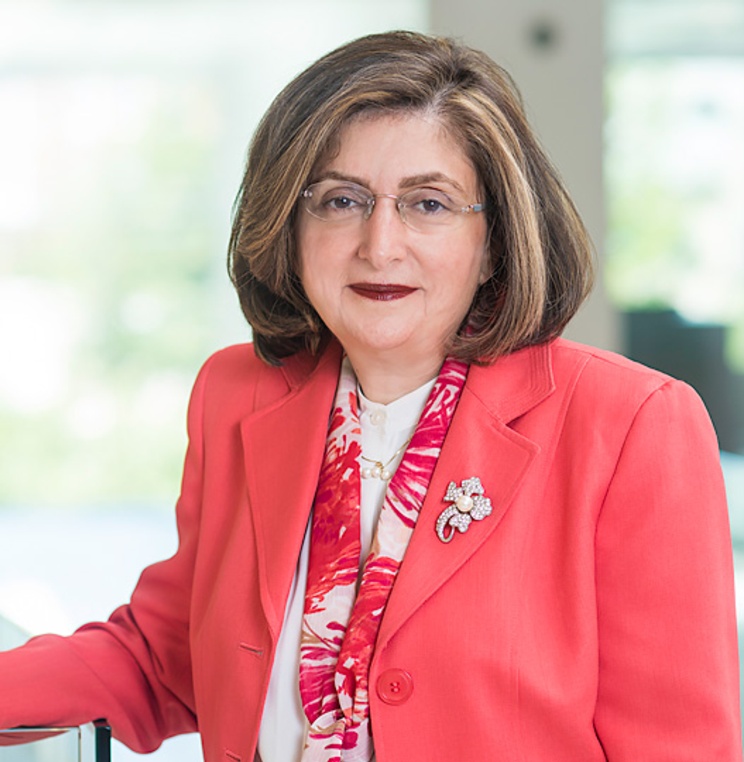
“My hope is that constructive US leadership at the United Nations, World Trade Organization (WTO) and other international fora will take place under the new administration. The world needs collaboration, compassion and tolerance to successfully tackle global challenges. International law and international organizations, imperfect as they are, need to be nurtured and protected while we acknowledge the failures and drawbacks of the post WWII economic order and the need for fundamental change in order to promote a just world.”
--Padideh Ala'i
Professor of Law
Director, International and Comparative Legal Studies
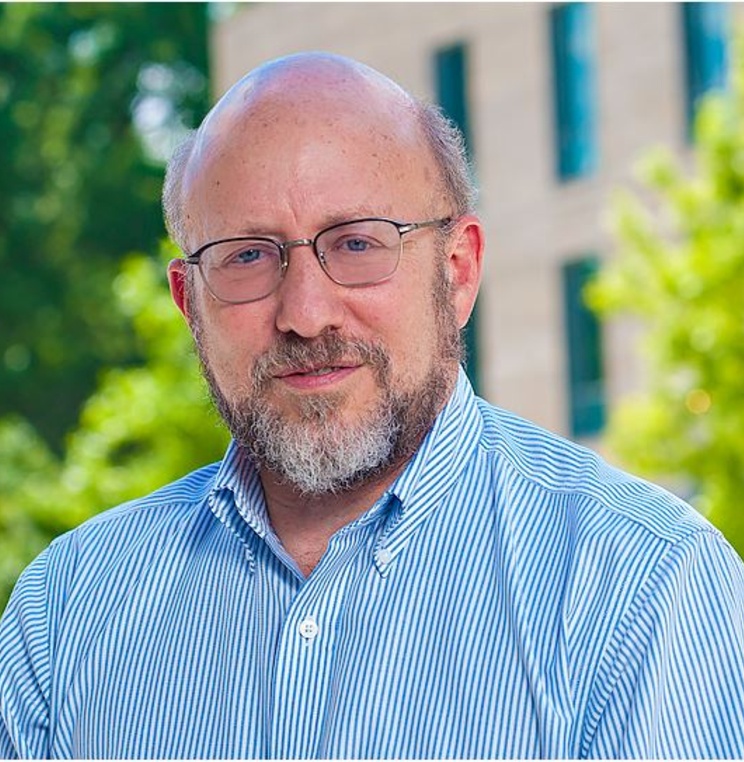
"I have high hopes for disability rights advocacy as we are about to usher in a new administration, though I have some concerns as well. I think we can look forward to more aggressive enforcement of the civil rights of people with disabilities from the Department of Justice’s Civil Rights Division, with a particular focus on implementing the Olmstead decision. I also hope that, at long last, the Administration will promulgate regulations making explicit the applicability of Title III of the Americans with Disabilities Act to the internet. In addition, I look forward to once again having officials with a specific disability focus in the State Department and the White House staff itself.
My concerns relate to continuing issues arising from the pandemic, including access to vaccines and in general rationing of access based on troublesome notions of the quality of life of people with disabilities. In addition, remote or hybrid learning has presented particular challenges for children with intensive special education needs and their families, and implementing a system of compensatory education for those who have missed out on a free appropriate public education in the last year will be challenging. Finally, I hope that the increasing focus on over-incarceration of and overly aggressive policing toward people with disabilities, especially people of color, will continue, but it will take sustained advocacy on the part of people with disabilities and their allies."
--Robert Dinerstein
Acting Dean and Professor of Law
Director, Disability Rights Law Clinic
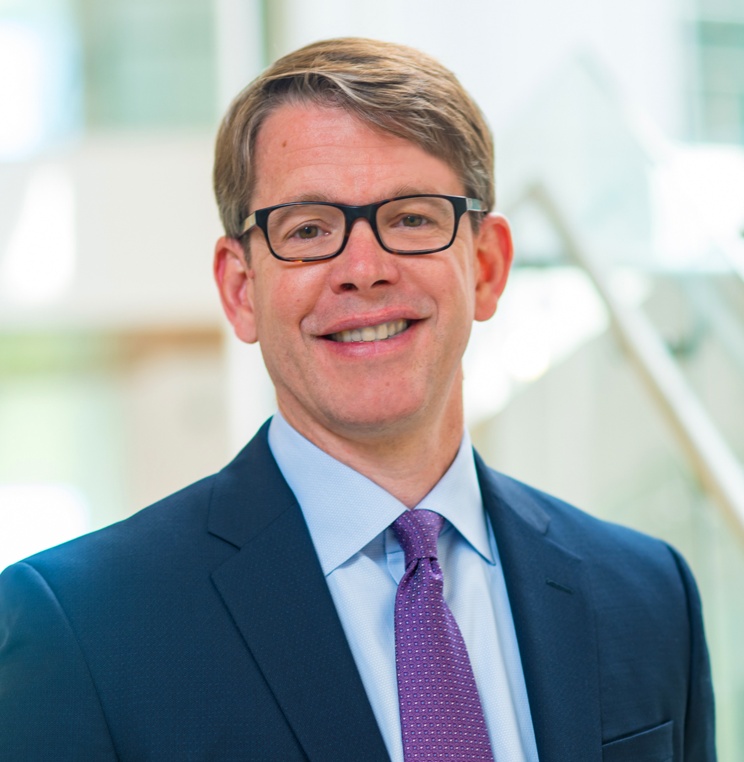
“2021 will be a test for whether political leaders were listening to community concerns about big data surveillance. The next Administration has the opportunity to correct course and take seriously the civil liberties and civil rights threats from growing surveillance technologies. From facial recognition to predictive policing to fusion centers, a new Administration has a chance to reshape the debate around privacy, security, and police power.”
--Andrew Guthrie Ferguson
Professor of Law
Author: "The Rise of Big Data Policing: Surveillance, Race, and the Future of Law Enforcement"
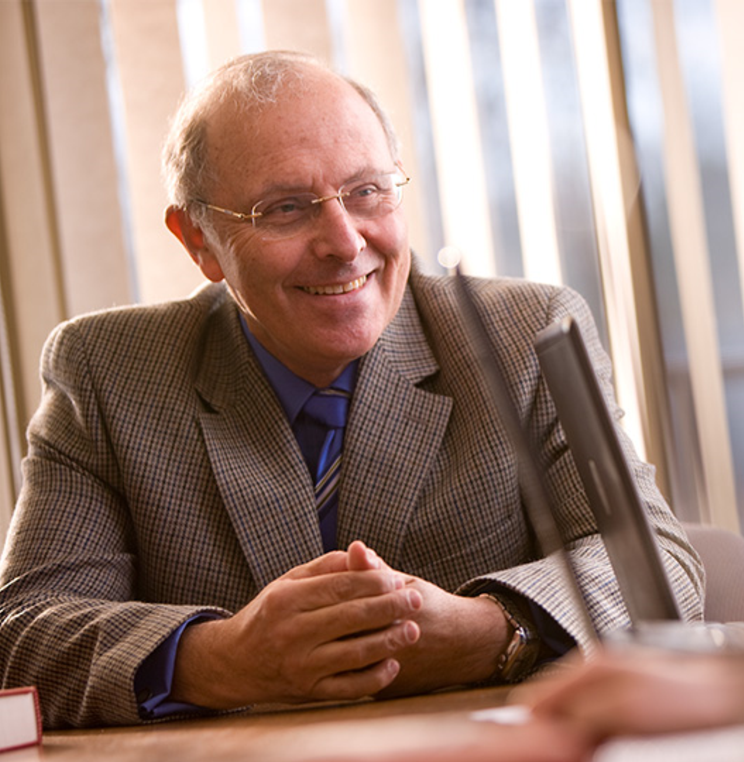
“The current pandemic has dramatically shown the impact on human life of existential challenges facing humankind. Equally, rising sea levels, environmental degradation, violations of peace and security, discrimination, and the lack of full compliance with human rights exact a heavy toll on humankind, and require our common action. Strengthening international law is now more important than ever, as it is the avenue through which the international community can help address these existential challenges and achieve a better world.”
--Claudio Grossman
Professor of Law and Dean Emeritus
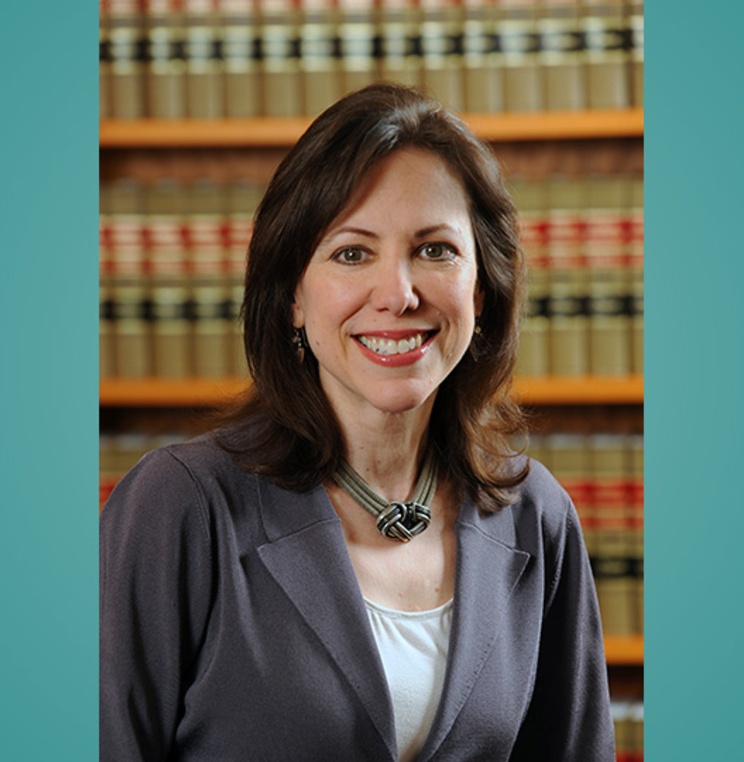
“At a time when toxic forces have gained dangerous purchase in our society and others, 2021 brings the promise—and responsibility—of repairing what is badly broken. The United States can draw on a wealth of global experience to inform our efforts to redress past wrongs and revitalize sorely-tested safeguards against harm. We must recommit ourselves “to live in truth” (in the words of Vaclav Havel); to understand what went wrong; and to act on what we learn.”
--Diane Orentlicher
Professor of Law
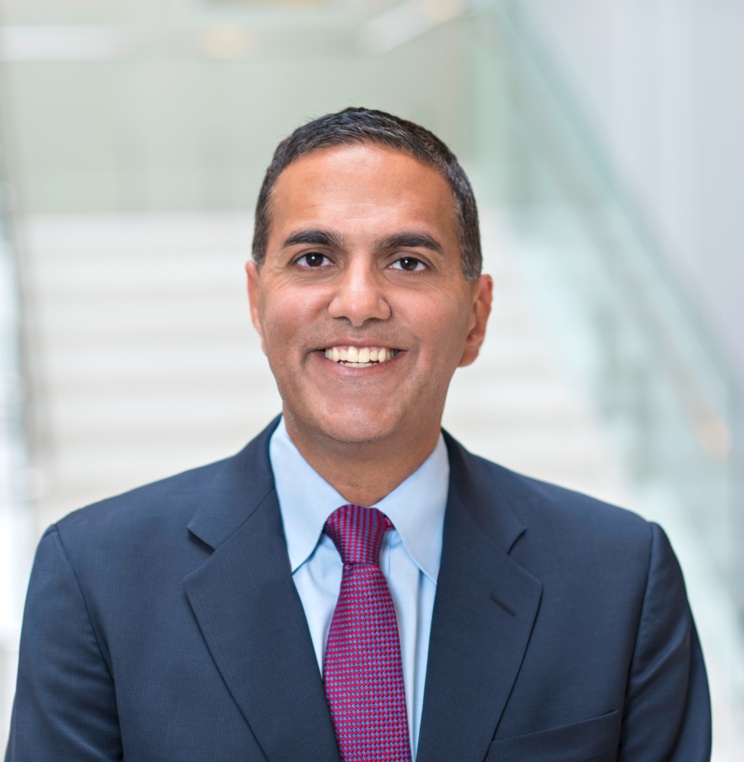
“The Biden administration will be facing a series of unprecedented challenges from the outset, including the COVID-19 pandemic, accompanying economic downturn, and calls for racial justice. The WCL Clinical Program, through its 11 in-house clinics, has begun to address these challenges in the D.C. area and beyond. We are hopeful that favorable changes in the law will allow our clinics and other legal service providers to help rebuild and strengthen our local communities.”
--Jayesh Rathod
Professor of Law
Associate Dean, Experiential Education
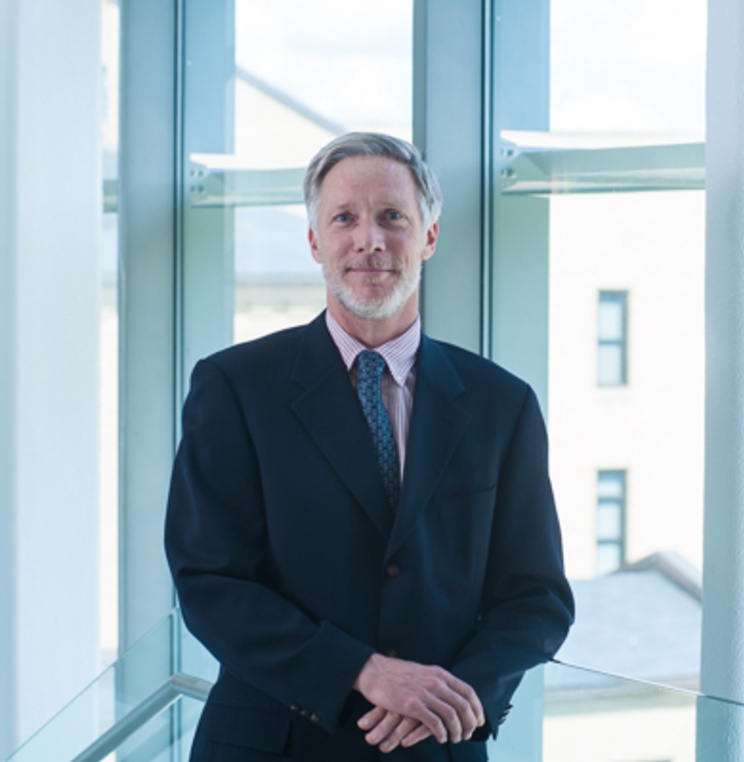
“2021 is a fresh beginning for all of us, and the environmental and energy fields of law are no exception. The new Biden administration has created a climate change team that will likely transform the way we use, buy, and think about energy production. Many of our students and alumni are already actively engaged in these efforts, and I predict job opportunities in clean renewable energy, green infrastructure, environmental justice, and sustainable business models will explode this year and throughout the decade. A new generation of environmental and energy law and policy is dawning, and it is very exciting that WCL is in the middle of it.”
--William J. Snape, III
Director, Program on Environmental and Energy Law (PEEL)
Assistant Dean, Adjunct Faculty Affairs
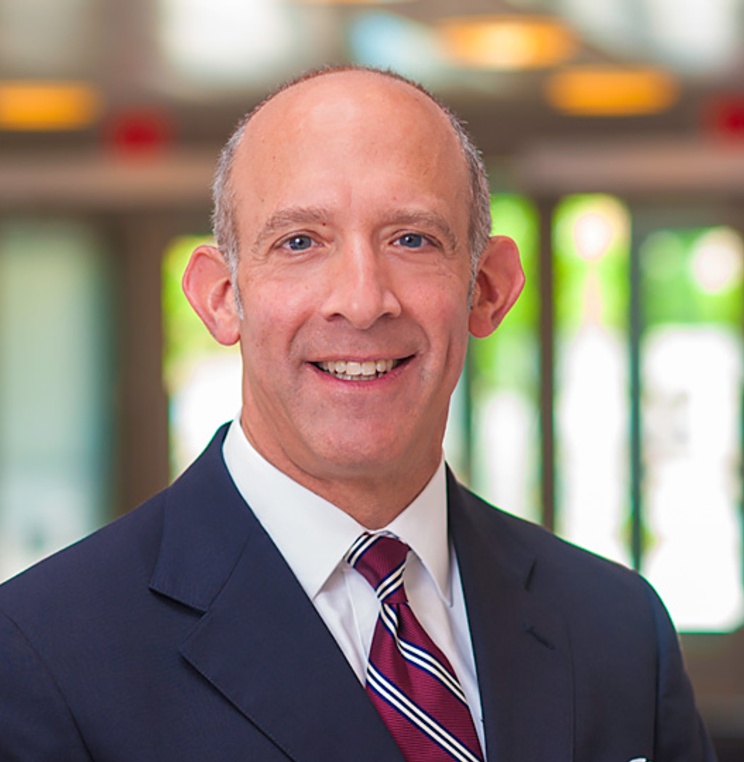
“Every change in law and every transition in government creates opportunities and challenges for business. Certainly 2021 will be an extraordinary year for businesses and their lawyers. The country and the world are grappling with radical disruptions and fundamental decisions about how to react. Businesses are not only affected by the changes but often leaders in shaping policy and making decisions. It is sometimes easy to think that the big questions have been answered and that business simply needs to adapt, but 2021 will be a year when businesses and their lawyers will have to face some of the biggest questions, raised by changes in technology, communication, and attitudes, as well as transitions in government, law and regulation.”
--David Snyder
Professor of Law
Director, Business Law Program
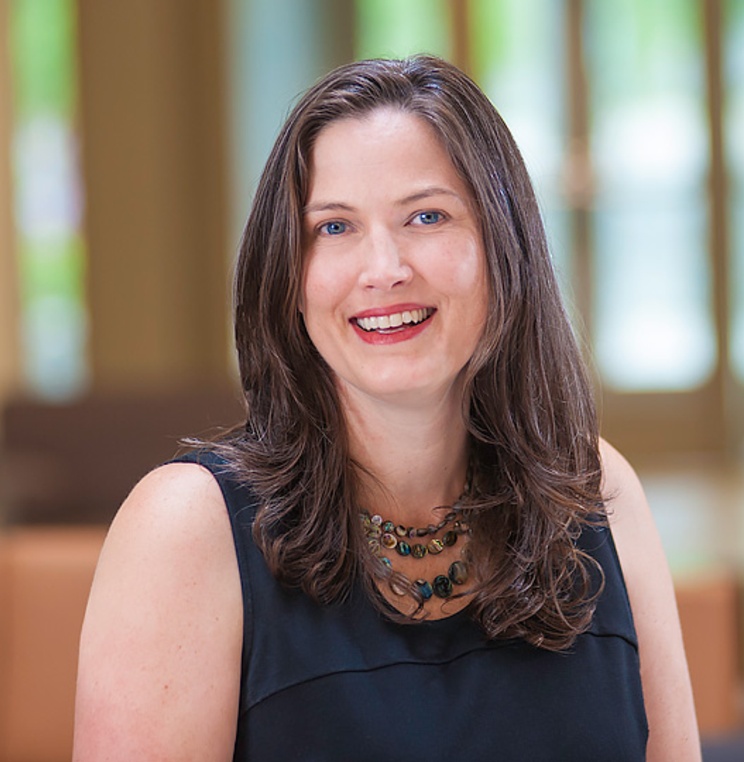
“The U.S. pandemic response in 2020 was an utter failure and now we’re watching as the same problems that plagued access to testing are replaying in the vaccine roll-out. But there’s reason to be hopeful in 2021. Congress has finally appropriated the funding needed to support the “last mile” of the vaccination campaign. Competent leadership and clear guidance are coming at the federal level. Many state and local officials are learning from vaccination successes in states like West Virginia, Rhode Island, and Connecticut. The peace of mind and in-person experiences we’re aching for will return. And as the crisis begins to recede, my hope is that we’ll be more grateful for our connections and communities, and more committed to realizing health justice for all than ever before.”
--Lindsay Wiley
Professor of Law
Director, Health Law and Policy Program